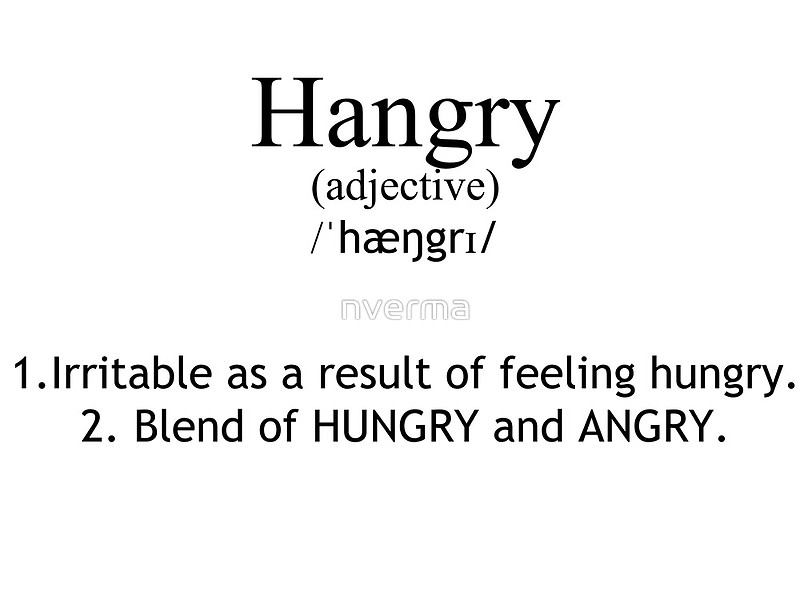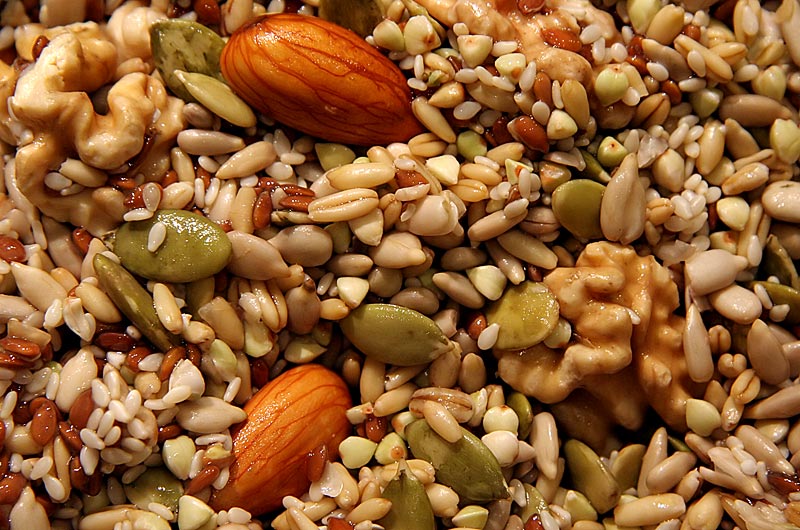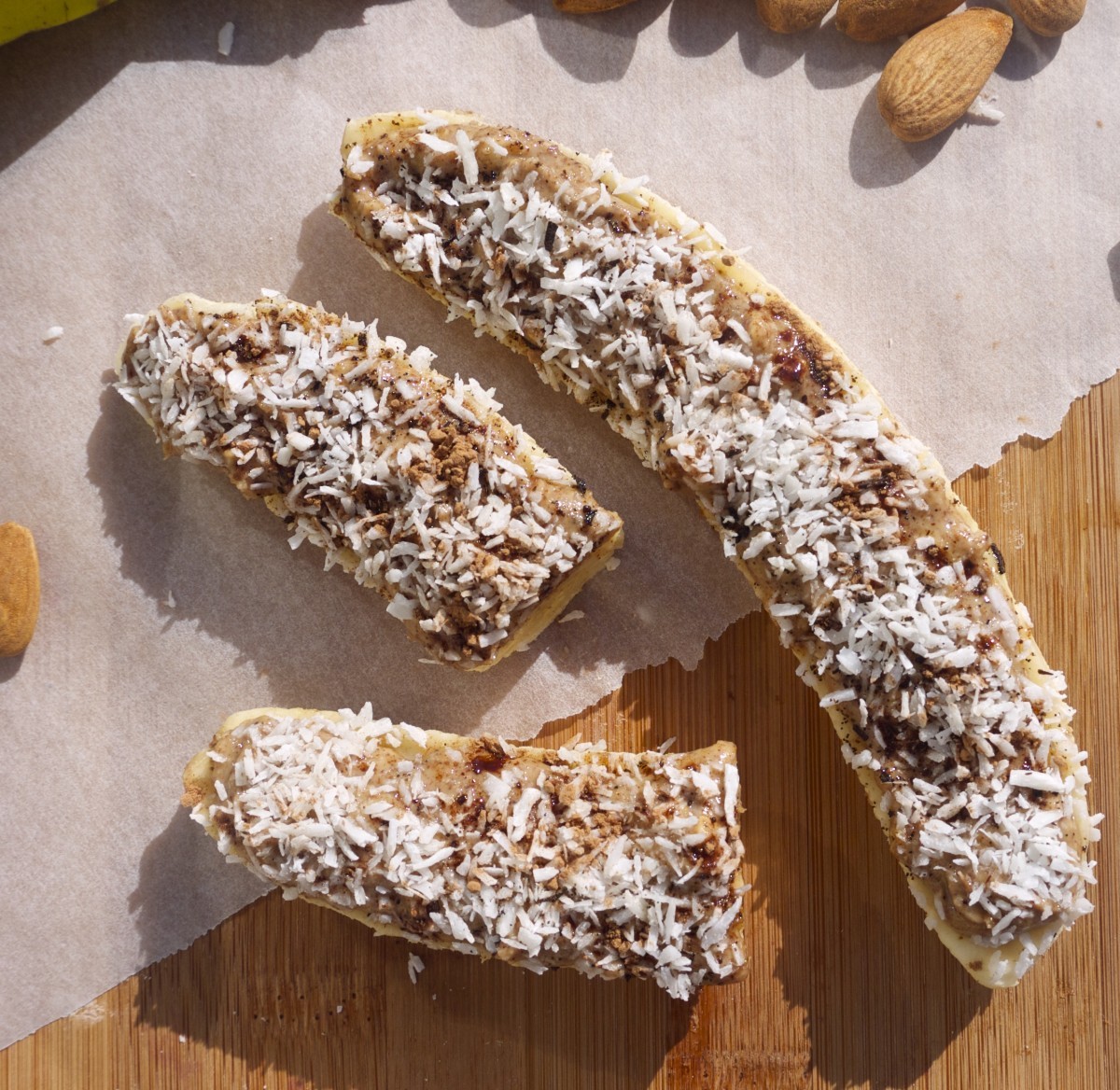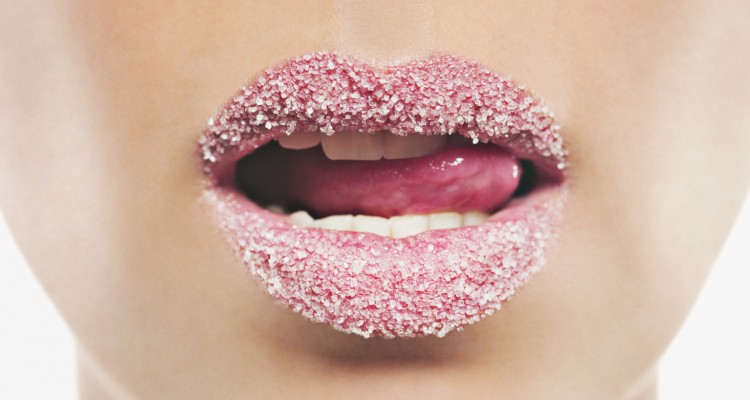Have you ever heard about the importance of balancing blood sugar? Or you might be the type of person that needs to graze throughout the day, or else you start to feel weak and irritable when your blood sugar drops too low. Lots of people describe that feeling as being tired and hungry… also known as ‘hangry!!

When your blood sugar drops too low, the stress hormone cortisol is released to mobilise glucose from your cells into your bloodstream. However, cortisol also actively increases anxiety levels and if somebody is already stressed, circulating cortisol can add to the problem.
Eating a simple sugar-based food such as white bread, cornflakes, sweets, white pasta and white rice, will cause blood sugar levels to rise rapidly after eating. A surge of insulin released from your pancreas will then bring down glucose levels, because it’s not healthy for your body to have high levels of glucose in the blood. A rapid peak will result in an equally rapid drop and this is when cortisol is released.
Eat Little and Often to Balance Blood Sugar
Going too long without food will also cause cortisol to be released when blood glucose levels get too low, so that’s why it is so important to aim to eat something every three to four hours. I’m definitely a grazer! Five small meals a day is ideal, and preferably with each meal containing a source of protein.
My own top choices for protein include nuts and seeds (almonds, walnuts, chia seeds, hemp seeds, flaxseed), lentils, beans and quinoa as they are nutrient dense and contain important dietary fibre to prolong the feeling of fullness. Animal protein food doesn’t contain any fibre, so if you’re a meat-eater, it’s a great idea to include some plant foods in your meals and snacks too.
Veggie sticks or sugar-free oatcakes with hummus is an example of a great snack or small meal to enjoy. There are also plenty of good quality protein powders to choose from too, with some of my faves including hemp, brown rice and pea protein. I like to make protein balls or pop a scoop into smoothies to help fill me up, and they’re especially handy when you’re on the go.

It is also essential to choose complex carbohydrates, another good source of fibre. Ideal options are oats, sweet potato, brown rice, quinoa, millet and amaranth. Avoid eating sugary foods close to bedtime as the resulting blood sugar crash may interrupt sleep and you could find yourself wide awake in the early hours with a racing heart because cortisol has been released to deal with crashing blood sugar levels.
If you feel peckish before bed, try my sleepytime banoffee split! It’s a yummy and simple recipe, full of fibre, protein and healthy fats, plus the amino acid, tryptophan, which is essential for creating your sleep hormone, melatonin.
Happy snoozing!


